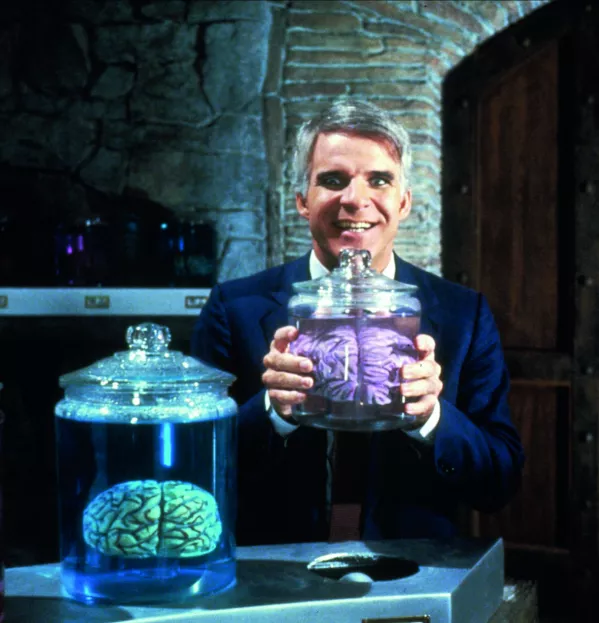What does moving from novice to expert teacher actually involve for teachers supporting pupils who learn differently? Integral to this process should be better professional development of mentors to ensure teachers can support all children, and particularly those who are most vulnerable.
This requires more than mentors just adopting a simple coaching model when supporting early-career teachers. Instead, it requires partnerships with universities, the integration of theory with practice, evidence with inquiry-informing dialogues.
How do we facilitate this? Teaching schools (and now research schools) have increasingly taken responsibility for “growing their own” teachers. It’s now time for phase two - “growing great teachers”. Mentoring is vital to this.
We should take a closer look at “clinical practice models used in teacher education”, notably the University of Oxford internship model and the professional development schools in the Netherlands (read up on these in the 2014 report of the British Educational Research Association (BERA) and the Royal Society for the Encouragement of the Arts, Manufacturing and Commerce (RSA) inquiry: bit.ly/BERA-RSAInquiry).
This approach seeks to combine research knowledge with more practical learning experiences that teachers explore with the help of their mentor.
Great teachers make good judgements every day in the classroom. This isn’t premised on a linear model of the novice teacher who becomes an expert by “serving time” in school. Becoming an expert is not about mimicking the actions of an experienced teacher; it is the quality of the experience that matters.
New teachers can be supported to use insights from educational research that are most relevant to teaching in their own particular contexts, and to bring those to bear on their decisions and actions as they begin to practise.
With increasingly complex classrooms, we need a stronger model of teacher development where classrooms are sites for sustained professional deliberation and co-enquiry, supported by universities.
It’s a daunting prospect for new teachers to attain the seemingly infinite knowledge required to be an effective teacher of pupils with special educational needs and disability (SEND). The role of research and the mentor is critical to explore a wide range of evidence and perspective. Then new teachers will become experts in their pupils and develop deep knowledge of how to best support learning in the ever-changing dynamic of a busy and complex classroom.
Margaret Mulholland is director of development and research at Swiss Cottage School
This article originally appeared in the 26 April 2019 issue under the headline “Growing your own experts”
